25, September 2020
Southern Cameroons records 9 cholera cases and 1 death in Buea 0
UN Office for the Coordination of Humanitarian Affairs (OCHA) in Cameroon has said on September 23 that nine cholera cases have been confirmed and one death recorded in Buea, the chief town of the Southwest region of Cameroon since the declaration of the cholera outbreak last week, according to a news report by Cameroon Online.org.
Officials have expressed concerns that the epidemic could spread even more rapidly in the town that is hosting several internally displaced persons escaping from an armed separatist conflict principally in the rural areas of the region.
“The cholera outbreak declared in Buea is very concerning due to limited access to clean water, a health system weakened by the COVID-19 pandemic and the fact that Buea town is hosting thousands of displaced people due to insecurity in the region,” OCHA said in a statement.
“Humanitarian actors are supporting the Regional Delegation of Public Health to develop a robust and rapid response, including the establishment of a Cholera Treatment Centre at Buea Regional hospital,” the statement added.
On Friday, health authorities in the region called on the residents to “be on the guard” and adopt hygiene and sanitation practices.
Cholera spreads through contaminated food and drinking water, causing diarrhea, nausea, and vomiting.
Source: Xinhuanet


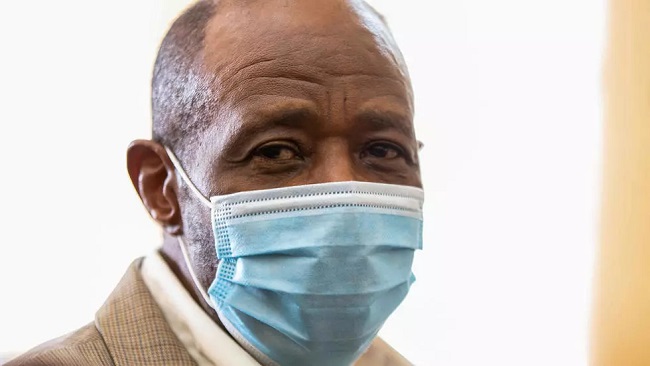
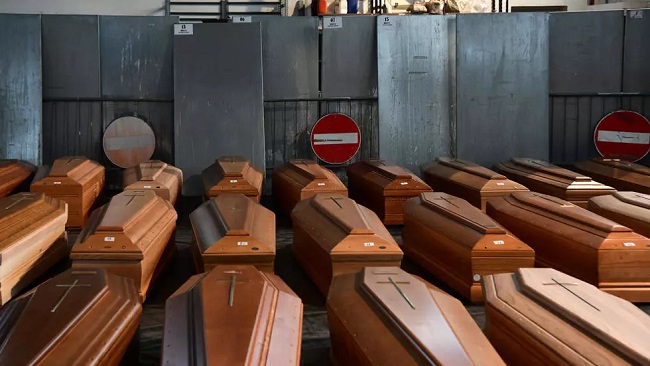
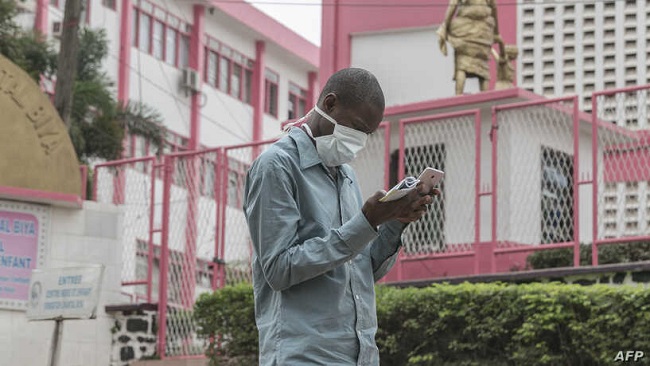
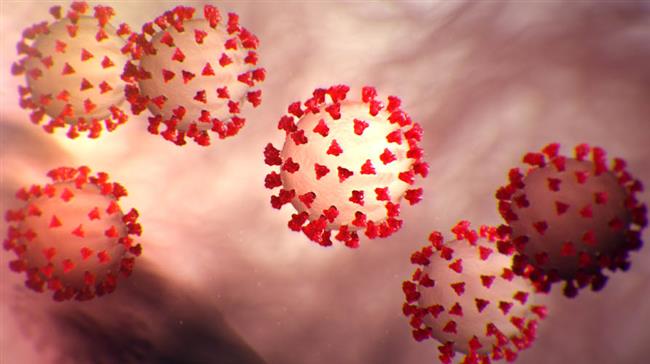

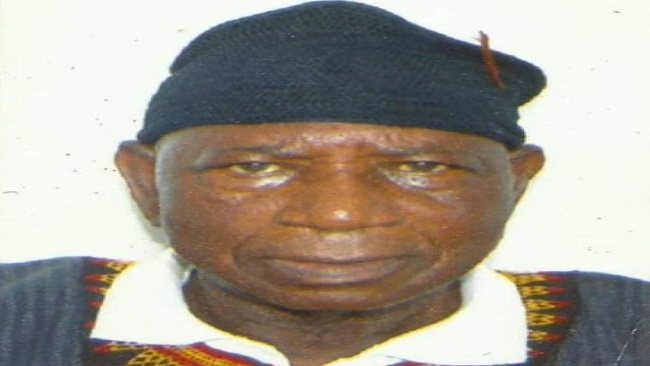
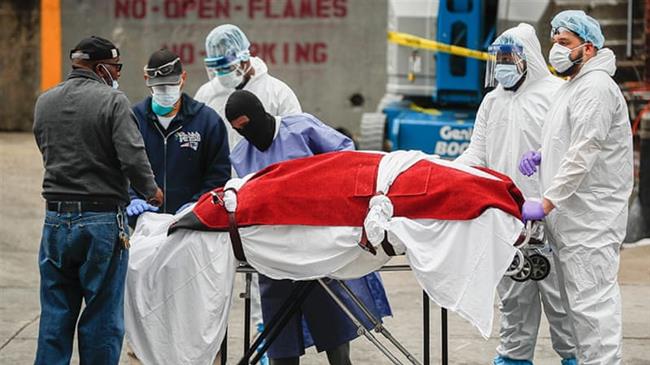

















28, September 2020
Global Covid-19 death toll passes one million 0
The global death toll from the new coronavirus, which emerged less than a year ago in China and has swept across the world, passed one million on Sunday.
The pandemic has ravaged the global economy, inflamed geopolitical tensions and upended lives, from Indian slums and Brazil’s jungles to America’s biggest city New York.
World sports, live entertainment and international travel ground to a halt as fans, audiences and tourists were forced to stay at home, kept inside by strict measures imposed to curb the virus spread.
Drastic controls that put half of humanity — more than four billion people — under some form of lockdown by April at first slowed its pace, but since restrictions were eased cases have soared again.
On Sunday 2230 GMT the disease had claimed 1,000,009 victims from 33,018,877 recorded infections, according to an AFP tally using official sources.
The United States has the highest death toll with more than 200,000 fatalities followed by Brazil, India, Mexico and Britain.
For Italian truck driver Carlo Chiodi those grim figures include both his parents, who he says he lost within days of each other.
“What I have a hard time accepting is that I saw my father walking out of the house, getting into the ambulance, and all I could say to him was ‘goodbye’,” said Chiodi, 50.
“I regret not saying ‘I love you’ and I regret not hugging him. That still hurts me,” he told AFP.
With scientists still racing to find a working vaccine, governments are again forced into an uneasy balancing act: Virus controls slow the spread of the disease, but they hurt already reeling economies and businesses.
The IMF earlier this year warned that the economic upheaval could cause a “crisis like no other” as the world’s GDP collapsed.
Europe, hit hard by the first wave, is now facing another surge in cases, with Paris, London and Madrid all forced to introduce controls to slow cases threatening to overload hospitals.
Masks and social distancing in shops, cafes and public transport are now part of everyday life in many cities.
Mid-September saw a record rise in cases in most regions and the World Health Organization has warned virus deaths could even double to two million without more global collective action.
“One million is a terrible number and we need to reflect on that before we start considering a second million,” the WHO’s emergencies director Michael Ryan told reporters on Friday.
“Are we prepared collectively to do what it takes to avoid that number?
Waking up to Covid-19
The SARS-CoV-2 virus which causes the illness known as Covid-19 made its first known appearance in the central Chinese city of Wuhan, ground zero of the outbreak.
How it got there is still unclear but scientists think it originated in bats and could have been transmitted to people via another mammal.
Wuhan was shut down in January as other countries looked on in disbelief at China’s draconian controls, even as they went about their business as usual.
By March 11, the virus had emerged in over 100 countries and the World Health Organization (WHO) declared a pandemic, expressing concern about the “alarming levels of inaction.”
Patrick Vogt, a family doctor in Mulhouse, a city that became the outbreak’s epicentre in France in March, said he realised coronavirus was everywhere when doctors started falling ill, some dying.
“We saw people in our surgery who had really big breathing problems, young and not-so-young who were exhausted,” he said. “We didn’t have any therapeutic solutions.”
Frustrations, protests
Nor did the virus spare the rich or famous this year.
British Prime Minister Boris Johnson spent a week in hospital. Madonna tested positive after a tour of France as did Tom Hanks and his wife who recovered and returned home to Los Angeles after quarantine in Australia.
The Tokyo Olympics, Rio’s famed Carnival and the Muslim pilgrimage to Mecca are among the major events postponed or disrupted by the pandemic. Premier League football has restarted but with empty stadiums. The French Open tennis tournament is limiting its audiences to 1,000 a day.
Israel has gone into full lockdown again and Moscow’s vulnerable have been ordered to stay home.
As the restrictions tighten, protests and anger are rising as businesses worry about their survival and individuals grow frustrated about their jobs and families in the face of another round of lockdown measures.
Anti-lockdown protesters and police clashed in central London on Saturday as officers dispersed the thousands at a demonstration.
“This is the last straw — We were starting to get back on our feet,” said Patrick Labourrasse, a restaurant owner in Aix-en-Provence, a French city near Marseille which is again being forced to close down bars and restaurants.
Along with the turmoil, though, lies some hope.
The IMF says the economic outlook appears brighter now than it had been in June, even if it remains “very challenging”.
Crucially, nine vaccine candidates are in last-stage clinical trials, with hopes some will be rolled out next year though questions remain about how and when they will be distributed around the world.
(AFP)